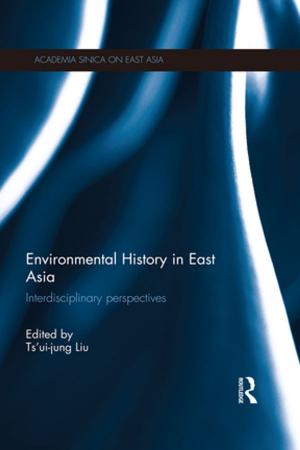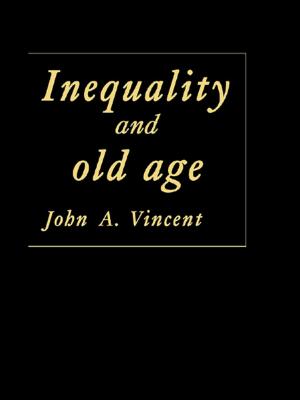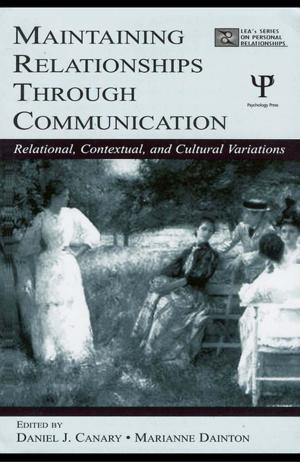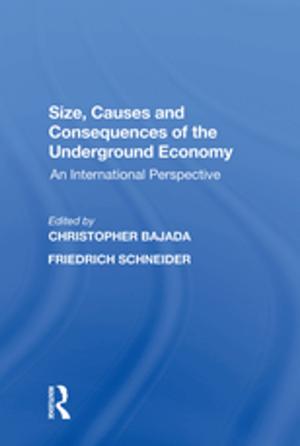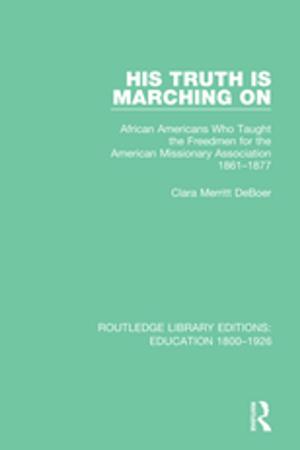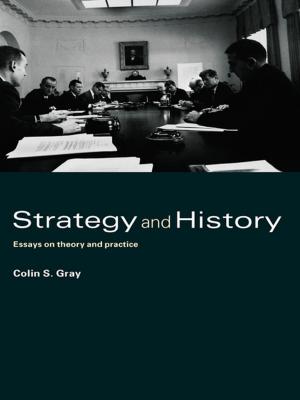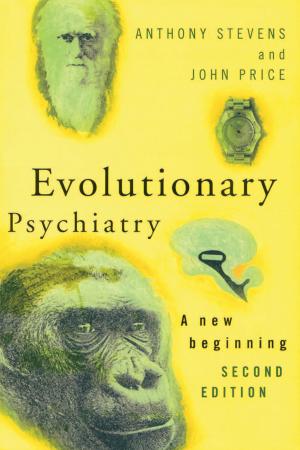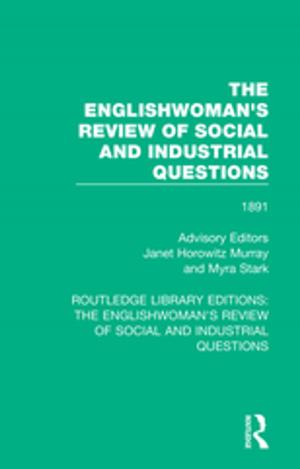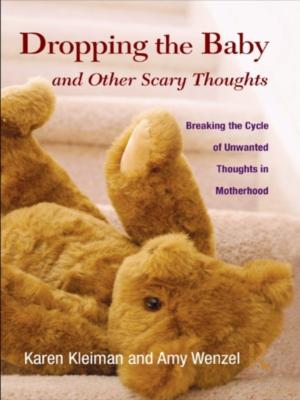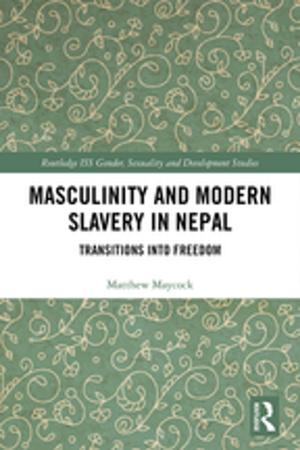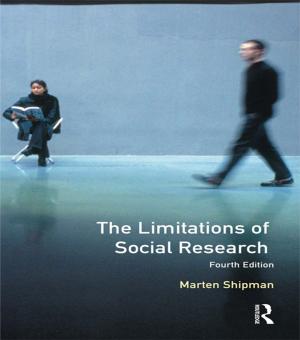Mobility, Education and Life Trajectories
New and old migratory pathways
Nonfiction, Social & Cultural Studies, Social Science, Anthropology| Author: | ISBN: | 9781315474274 | |
| Publisher: | Taylor and Francis | Publication: | March 8, 2018 |
| Imprint: | Routledge | Language: | English |
| Author: | |
| ISBN: | 9781315474274 |
| Publisher: | Taylor and Francis |
| Publication: | March 8, 2018 |
| Imprint: | Routledge |
| Language: | English |
Migration for educational purposes, once the privilege of the upper class, has become a global mass phenomenon in recent years. This volume examines, within different cultural and historical contexts, the close relationship between migration, education, and social mobility. Adopting the perspective that education includes a broad range of formative experiences, the chapters explore different educational trajectories and the local, regional, and transnational relations in which they are embedded. Three key issues emerge from the analyses: firstly, the central role of temporal aspects in terms of both the overall historical conditions and the specific biographical circumstances shaping educational opportunities; secondly, the complex agendas informing individuals’ migration and the adjustment of these agendas in the light of the vagaries of migrant life; and thirdly, the importance of migrants’ self-perception as ‘educated persons’, and the invention of new identities, and the maintaining of old identities that this involves. This book was originally published as a special issue of Identities: Global Studies in Culture and Power.
Migration for educational purposes, once the privilege of the upper class, has become a global mass phenomenon in recent years. This volume examines, within different cultural and historical contexts, the close relationship between migration, education, and social mobility. Adopting the perspective that education includes a broad range of formative experiences, the chapters explore different educational trajectories and the local, regional, and transnational relations in which they are embedded. Three key issues emerge from the analyses: firstly, the central role of temporal aspects in terms of both the overall historical conditions and the specific biographical circumstances shaping educational opportunities; secondly, the complex agendas informing individuals’ migration and the adjustment of these agendas in the light of the vagaries of migrant life; and thirdly, the importance of migrants’ self-perception as ‘educated persons’, and the invention of new identities, and the maintaining of old identities that this involves. This book was originally published as a special issue of Identities: Global Studies in Culture and Power.


